German Phrases That Every Traveler Needs to Know
This article listed German Phrases for Greetings, Introduction, Basic Responses, Transportation, Accommodation, Food, Emergency and Other Practical Terms that will surely be essential to your travel in Germany.
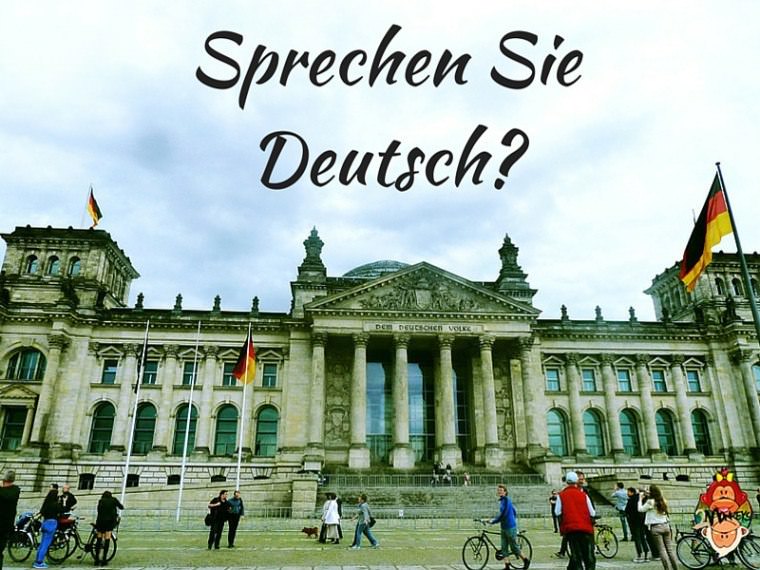
Table of Contents
GERMAN 101
Points to Remember
- Several German words are spelled like in English but have different meanings. Better check in the dictionary first before you assumed a meaning.
- The German Language has two forms: formal and informal (usually used with friends and relatives). Prefer to use the formal language.
- There are special characters used by the Germans such as ä (ae for English); ö (oe); ü (ue): and ß (ss).
- You do not need to perfectly pronounce German phrases. Germans are enthusiastic to listen to how you try to speak their language and will surely guide you on how to say it correctly.
Why is it important for travelers to know German Phrases?
German or Deutsch is ranked number 1 as the most widely spoken languages in Europe according to the consolidated data of Insider Monkey. 16 percent of the Europeans have spoken German as six countries in their continent, namely Germany, Austria, Liechtenstein, Belgium, Switzerland, and Luxembourg, considered German as the official language. Those digits imply how German can be very useful for your travel not only on in Germany but as well as in Europe. The signs displayed in the streets of Germany are mostly written in German. Majority of the locals, also, are keen to approach if you start to utter some phrases of their well-loved language.
So if you want to make your stay in Germany more exciting and convenient, here are the German Phrases you should know, including video links for the pronunciation guide.

GREETINGS
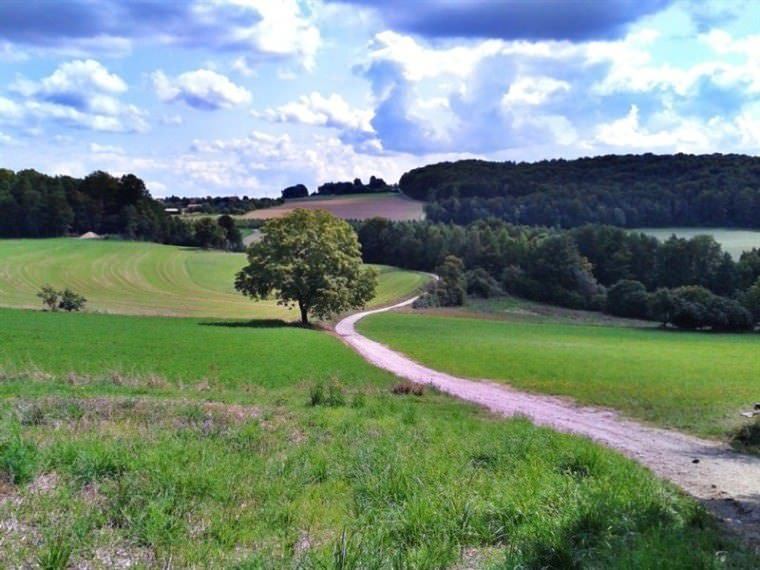
To approach someone in Germany, the following basic greetings will save you.
Hallo. (informal) – Hi. Hello.
Guten … Morgen, Tag, Abend, Nacht – Good … Morning, Day, Evening, Night
Tschüss. (informal) – Good Bye.
Auf Wiedersehen. (formal) – Good Bye.
To hear how these words should be pronounced, check this.

INTRODUCTION
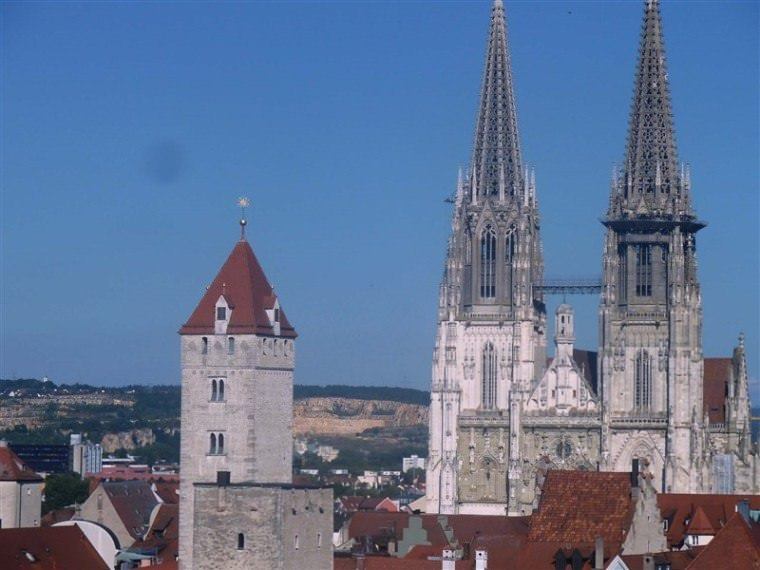
Entschuldigen Sie. – Excuse Me.
Aside from greetings, you can use this phrase to approach someone. Additionally, Entschuldigen Sie can be used to apologize.
Sprechen Sie Englisch? (formal) – Do You Speak English?
To hear how Entschuldigen Sie and Sprechen Sie Englisch should be pronounced, check this.
Mein Name ist … – My name is …
Ich komme aus – I am from
Ich lebe in – I live in
To hear how these words should be pronounced, check this.

BASIC RESPONSES
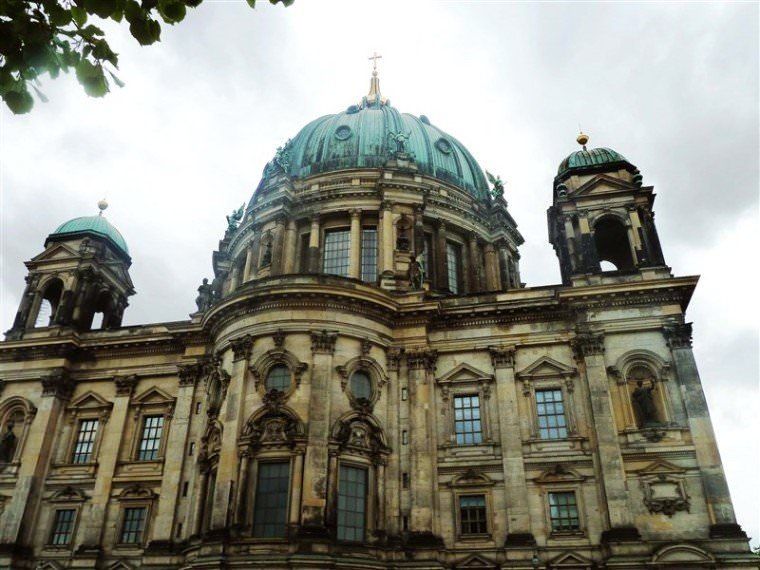
Ja. – Yes.
Nein. – No.
Vielleicht. – Maybe.
I don’t understand. – Ich verstehe nicht.
Danke. – Thank You.
Bitte/Bitteschön – You are Welcome.
To hear how Danke and Bitteschön should be pronounced, check this.
You can also use Bitte for:
Pardon?
Please.
Go ahead.
Here you go.
Not at all.

TRANSPORT
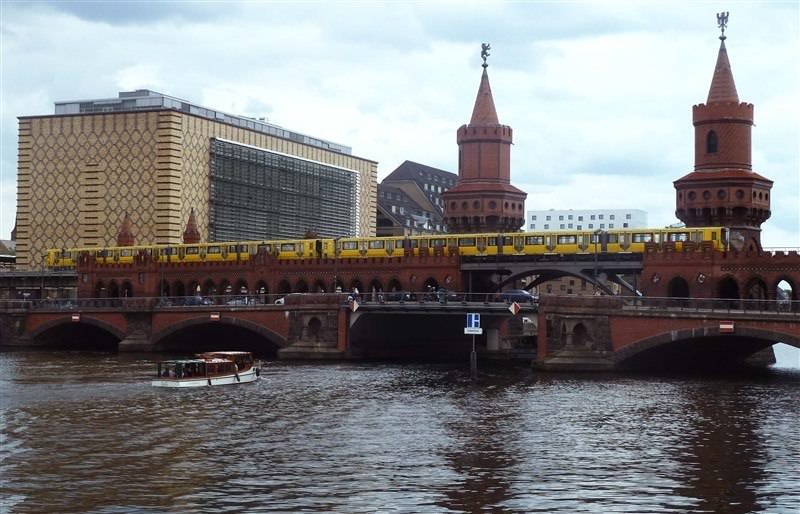
In Germany, public transportation is widely used and offers a lot of choices. It is better to know the different kinds of transport used in the town, and you may use the following phrases as your guide.
Wo ist der … Bahnhof, Flughafen, der Busbahnhof (ZOB), die U-Bahn, die Starassenbahn? – Where is the Railway Station, Airport, Bus Station, Underground Station, Tram?
Bitte bringen Sie mich zu dieser Adresse … – Please take me to this address …
Wie weit ist es bis … – How far is it to …
Wie lange dauert es bis … – How long does it take to …

ACCOMMODATION
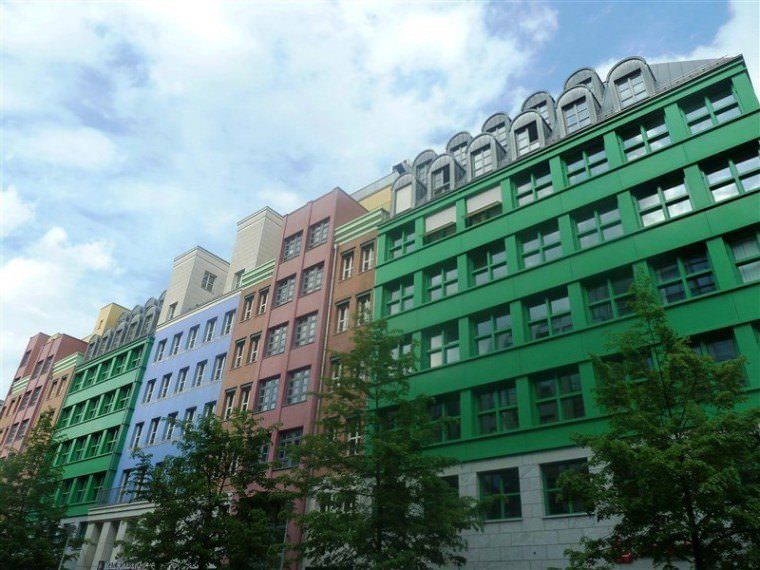
Wie komme ich zum Hotel/Hostel? – How Do I get to hotel/hostel?
Was kostet eine Übernachtung? – How much is one night?
Doppelzimmer – Double Room
Dreibettzimmer – Three bedroom
Mehrbettzimmer – Dormitory
Einzelzimmer – Single room
mit frühstück – including breakfast

FOOD
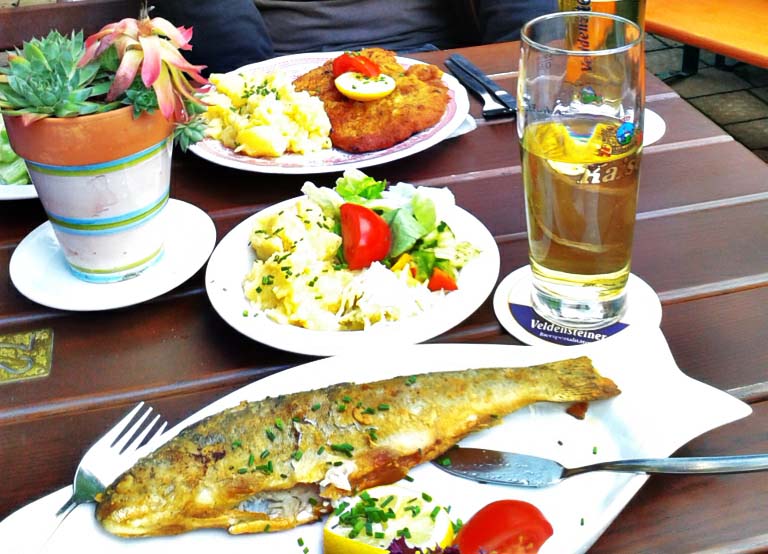
Was ist die Spezialität des Hauses? – What is the specialty of the Restaurant?
Fleisch – Meat
Gemüse – Veggies
Früchte – Fruits
Saft – Juice
Bier – Beer
Ich nehme … – I take the …
Essen – Eat
Trinken – Drink
Prost! – Cheers!

EMERGENCY
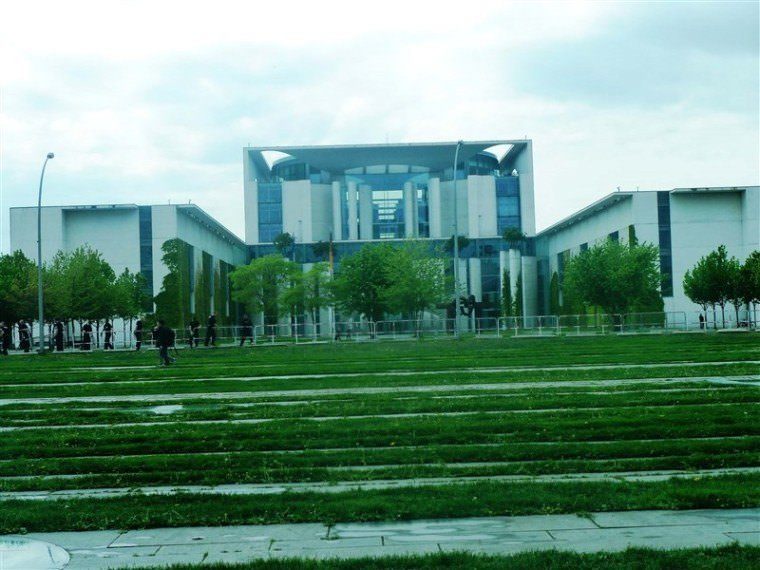
Hilfe. – Help.
Können Sie mir bitte helfen. – Could you please help me?
Polizei. – Police.
Wo ist der nächste Arzt / das nächste Krankenhaus? – Where is the closest Doctor/hospital?
Ich bin verletzt. – I am injured.
Ich habe Schmerzen. – I have pain
Ich möchte mich mit meiner Botschaft in Verbindung setzen. – I want to contact my Embassy.

OTHER PRACTICAL TERMS
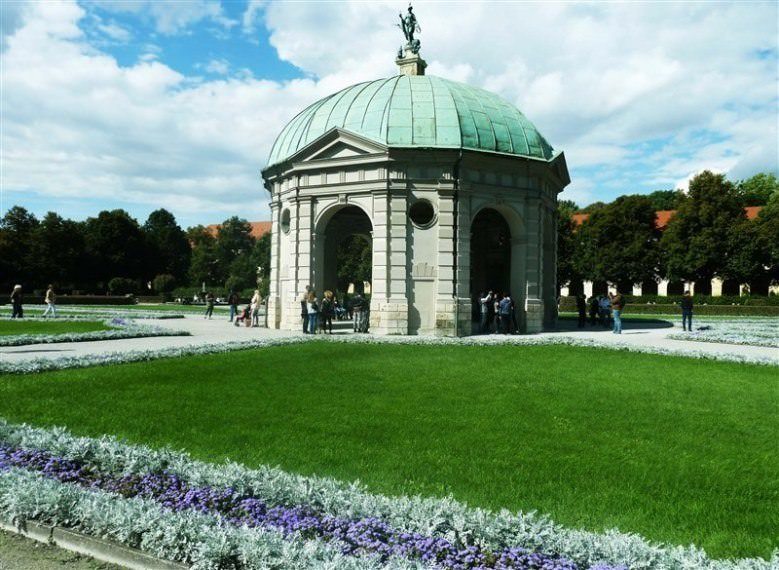
Links – left
Rechts – Right
Nehmen Sie Kreditkarten? – Do you accept credit card?
Wie viel kostet das? – How much is this?
Kann ich fotografieren? – Can I take photographs?
Divided into sections which every traveler commonly needs, this article can be your survival guide as you travel to Germany and five other German-speaking countries in Europe.
![]()
About the Writer
 Jessica Ayun is a Freelance Writer who writes if 5-10 cups of coffee a day will be served. She used to work as a TV Researcher but her feet are always curious to step into new places so she decided to work in the communities of Visayas and Mindanao as a Documenter for almost two years, through a non-government organization (NGO). She tries to see the “real happiness” in every person she meets and every place she goes to. She will always choose mountains than beaches.
Jessica Ayun is a Freelance Writer who writes if 5-10 cups of coffee a day will be served. She used to work as a TV Researcher but her feet are always curious to step into new places so she decided to work in the communities of Visayas and Mindanao as a Documenter for almost two years, through a non-government organization (NGO). She tries to see the “real happiness” in every person she meets and every place she goes to. She will always choose mountains than beaches.
![]() Are you on Pinterest? Pin these!
Are you on Pinterest? Pin these!

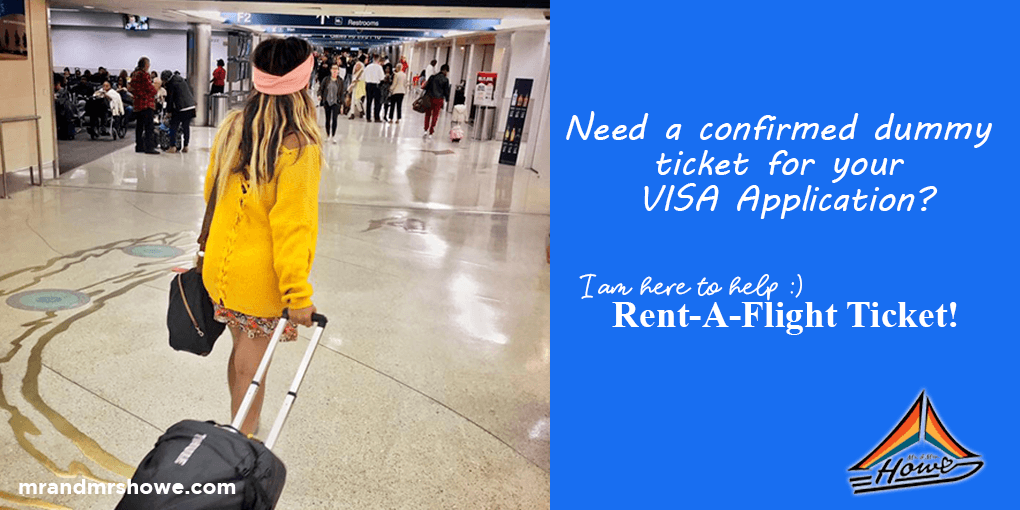

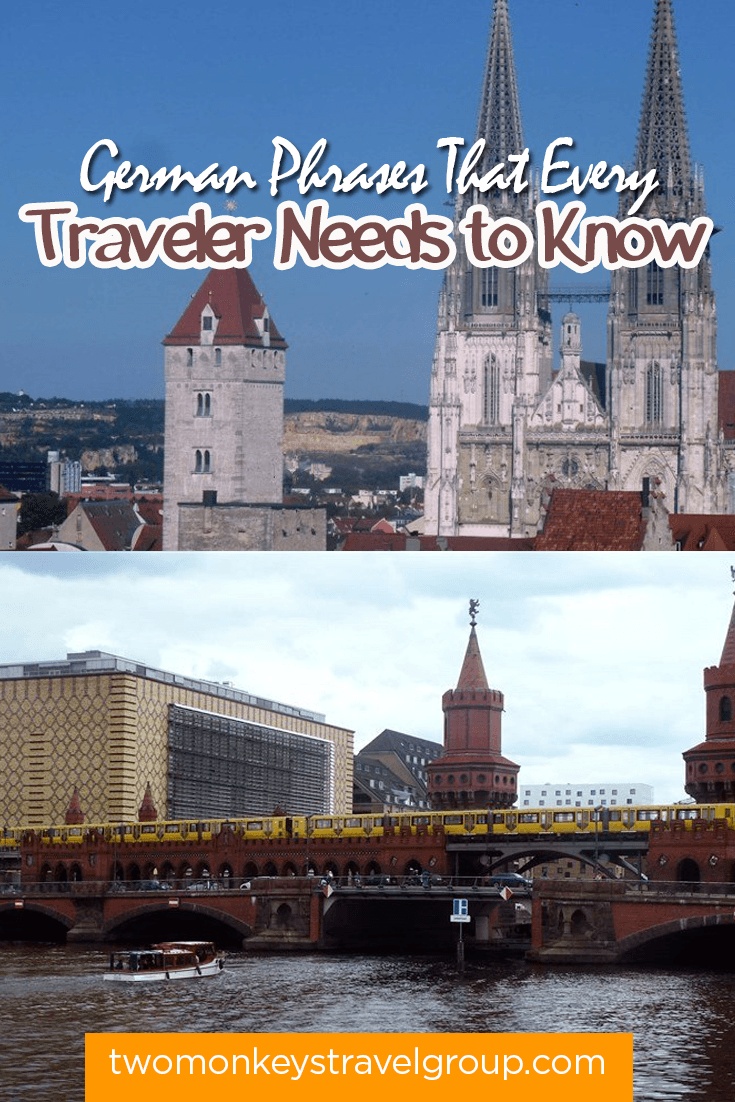

Hi Guys,
Great Post – Janis & I are heading back to Germany again this year for the Christmas markets, and although Germans speak English really well, I try my few words & phrases. I struggle with a few – ‘Excuse me’ is the example, and working my way through a crowded bar in Cologne I feel the need to break out of English. Also Bitte confuses me – It seems to be used all over the place, and I never seem to know when to use it correctly ( and don’t get me started on Bitteschön!)
I’ll be putting a few new phrases to the test in three weeks!
Happy Travels,
Gary & Janis
Hello, Gary! Just accidentally see this post now. I had no idea that it was published as I wrote this for over a year ago already, I guess. 🙂 Any way, the use of german phrases is depending on which city you will be. In a Christmas market, as it has been popular for years, you will have no problem to approach in English. Speaking German will definitely be appreciated though. Saying ‘entschuldigung’ will be enough to for ‘excuse me’, especially if you want to pass by. For ‘bitte’, yes, it has many uses. I normally use it for ‘pardon?’ and ‘please’. Bitte schön is what I normally response if some said, danke schön. I hope these help and wishing you and Janis safe travels!
Many thanks Jessica